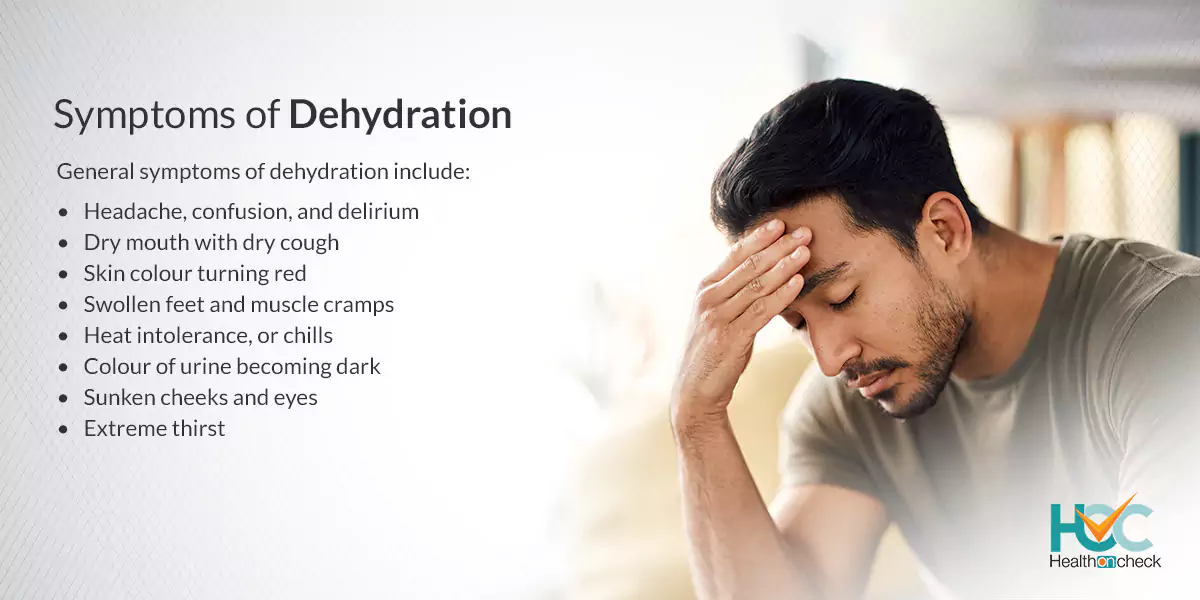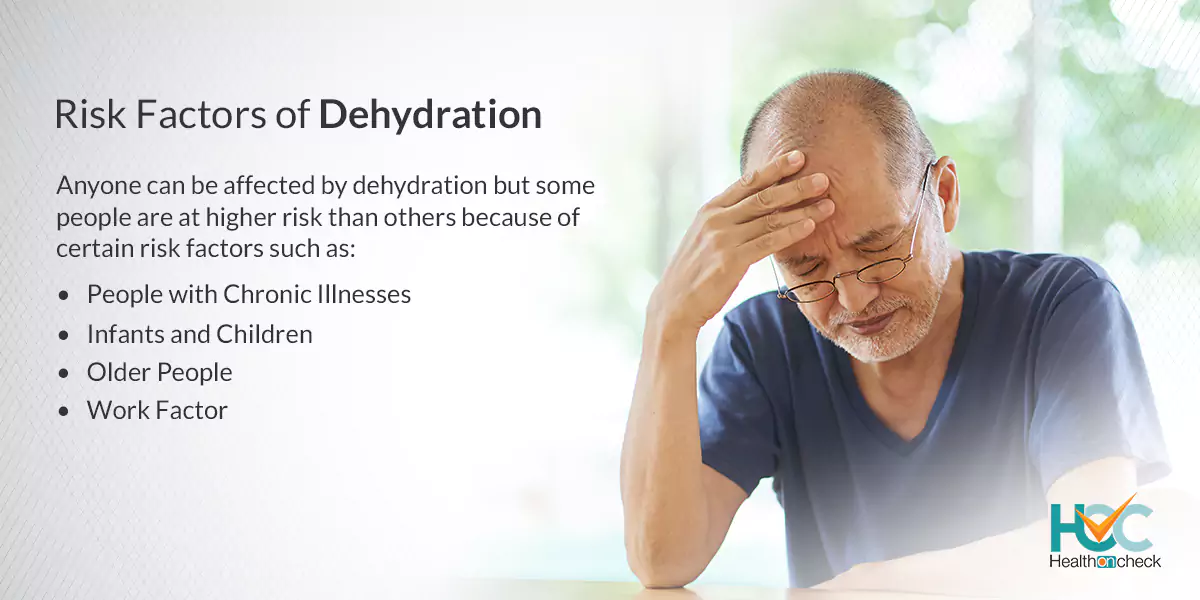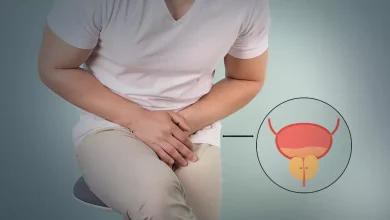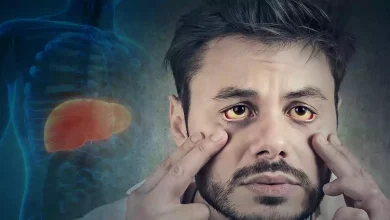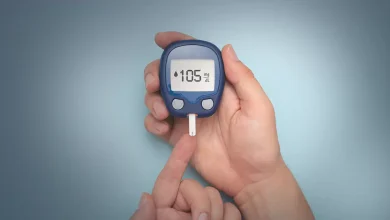All about Dehydration

What is Dehydration?
Dehydration is a condition where the body loses an excessive amount of water. In simpler terms, dehydration means the absence of a sufficient amount of water in your body because of which your body is not able to carry out its normal functions. Dehydration can happen to anyone but it’s more dangerous to kids and older people. The most common reason for dehydration especially among young kids is severe diarrhea and vomiting while adults may have some conditions or medications that increase the risk of dehydration as they naturally have a lower amount of water in their bodies. Minor disorders like infections affecting the lungs or bladder can cause dehydration among older adults.
What are the Types of Dehydration?
There are Three Types of Dehydration:
-Hypotonic (primarily a loss of electrolytes)
-Hypertonic (primarily loss of water)
-Isotonic (equal loss of water and electrolytes)
In addition to the above mentioned types, dehydration can be categorized into mild, moderate, and severe forms of dehydration.
What are the Symptoms of Dehydration?
General symptoms of dehydration include:
– Extreme thirst
– Headache, confusion, and delirium.
– Getting tired easily and for a long period of time.
– Feeling of weakness along with dizziness, and light-headedness.
– Dry mouth with dry cough.
– Heart rate becoming high but blood pressure remains low.
– Loss of appetite but may crave sugar.
– Skin colour turning red
– Swollen feet and muscle cramps.
– Heat intolerance, or chills.
– Constipation.
– Colour of urine becoming dark.
– No tears while crying especially among children
– No wet diapers for three or more hours
– Sunken cheeks and eyes
– Less urination
– Sleepiness, lack of energy, or irritability
– Fast heartbeat
– Rapid breathing
What are the Causes of Dehydration?
You may suffer from dehydration if you don’t drink enough water, or when you lose water quickly through, sweating, vomiting, and/or diarrhea. Some medications such as diuretics (water pills) can lead to an increase in urination and dehydration.
Other causes of dehydration include:
Diarrhea and Vomiting: Severe, acute diarrhea that occurs suddenly and violently can lead to a huge loss of water and electrolytes in a short period of time and make your body dehydrated. If you also have vomiting with diarrhea, you will lose even more fluids and minerals and you may suffer from severe dehydration.
Fever: Generally, the higher your fever, the more dehydrated you may become. The condition may get worse if you have a fever along with diarrhea and vomiting.
Excessive Sweating: When you sweat you lose water and if you do any kind of vigorous activity and don’t take enough fluids to replace the sweating, you may become dehydrated. Hot, humid weather raises the amount of sweat and the amount of fluid you lose and can result in dehydration.
Increased Urination: Undiagnosed or uncontrolled diabetes can be a reason for frequent and increased urination which may cause your body to lose water and result in dehydration. Certain medications, like diuretics and a few blood pressure medications, may cause you to urinate more and can lead to dehydration.
What are the Risk Factors of Dehydration?
Anyone can be affected by dehydration but some people are at higher risk than others because of certain risk factors such as:
Infants and Children: Infants and children are at higher risk to suffer from dehydration because they are more prone to diarrhea and vomiting. Also because they have a higher surface area to volume area, they lose a greater proportion of their fluids from a high fever or burns. Also, infants and very young children can’t tell you that they’re thirsty, nor can they get a drink for themselves which may make their bodies dehydrated.
Older People: With age, the body’s fluid reserve becomes smaller, and the body’s ability to conserve water is decreased and the thirst sense becomes less acute. These conditions are compounded by chronic illnesses like diabetes and dementia, and by the use of some medications. People above the age of 65 also may have mobility problems that limit their capability to fend for water for themselves.
People with Chronic Illnesses: People with uncontrolled or untreated diabetes may put you at high risk of dehydration. Kidney disease also augments your risk, along with medications that increase the frequency of urination which results in loss of fluid. Even getting a cold or sore throat makes you more prone to dehydration because you’re less likely to feel the urge to eat or drink when you’re not well.
Work Factor: People whose work involves hard physical activity in a hot and humid climate, have an increased risk of dehydration and heat illness because of excessive sweat and when the air is humid, sweat can’t evaporate and cool you as quickly as it normally does. Such a situation can result in an augmented body temperature and the requirement for more fluids.
What are the Complications of Dehydration?
The complications of dehydration include:
Heat Injury: If you don’t drink an adequate amount of fluids when you’re exercising vigorously and perspiring heavily, you suffer from a heat injury, that varies from mild to severe heat cramps that can lead to potentially life-threatening heatstroke.
Urinary and Kidney Problems: Chronic or frequent incidents of dehydration may lead to urinary tract infections, kidney stones, and even kidney failure.
Seizures: Electrolytes like potassium and sodium aid in carrying electrical signals from cell to cell. If your electrolytes are not properly balanced, the normal electrical messages can become mixed up, which can result in involuntary muscle contractions and some cases a loss of consciousness.
Low Blood Volume Shock: Also known as hypovolemic shock, it is one of the most serious, and sometimes life-threatening, complications of dehydration. It happens when low blood volume leads to a decrease in blood pressure along with a decrease in the amount of oxygen in your body.
How Dehydration is Diagnosed?
There are lab tests available to diagnose dehydration including:
Blood Tests: Blood tests measure how concentrated some particles are in your blood plasma along with the levels of your electrolytes especially sodium and potassium and how your kidneys are working. Blood tests are also done to check the level of urea and nitrogen in your blood.
Elevated Creatinine: This test is done to check your kidney function and the level of creatinine in your body.
Urinalysis: A sample of your urine is taken to test in the lab to examine whether you’re dehydrated and to what degree. It also helps to check signs of a bladder infection.
What are the Treatment Options Available for Dehydration?
Drinking water is the best way to treat dehydration as it keeps your body hydrated. It’s very important to replace lost fluids and lost electrolytes which can be possible by drinking enough amount of fluids and water. The treatment of dehydration depends on the age, severity, and its cause.
Infants and children who have become dehydrated from diarrhea, vomiting, or fever, are given an over-the-counter oral rehydration solution. These solutions contain set proportions of water and salts to refill both fluids and electrolytes.
Infants and small children sometimes may not be able to take this solution orally and in such cases, it may be easier to use a syringe. Older children are given diluted sports drinks to make their bodies hydrated.
Adults who are having mild to moderate dehydration because of diarrhea, vomiting, or fever can improve their condition by drinking more water or other mild fluids. It’s better to avoid full-strength fruit juice and soft drinks as they can worsen the diarrhea.
If your job involves working outdoors during hot or humid weather, cool water is your best option to keep your body hydrated. Sports drinks that contain electrolytes and a carbohydrate solution are also helpful.
Severely dehydrated Children and adults should be taken to the hospital emergency room and salts and fluids shall be given through a vein (intravenously) which helps in speedy recovery.
Living with Dehydration
People who are experiencing chronic dehydration shall take a good amount of fluid that is essential. If you’re getting symptoms of dehydration such as dry skin, headaches, fatigue, and dark-colored urine, try increasing your overall fluid intake. You can prevent dehydration by drinking plenty of fluids and eating foods high in water like fruits and vegetables.
Whom to Consult?
Normally dehydration can be treated by yourself by drinking an adequate amount of water but in case of severe dehydration immediately consult doctor. Your doctor may give you a solution of electrolytes to make your body hydrated. In some cases, salts and electrolytes may be given through saline. Also, contact a doctor in cases like diarrhea for more than 24 hours, feeling irritated or disoriented and much sleepier or less active than usual, having bloody or black stool, and can’t keep down fluids.

